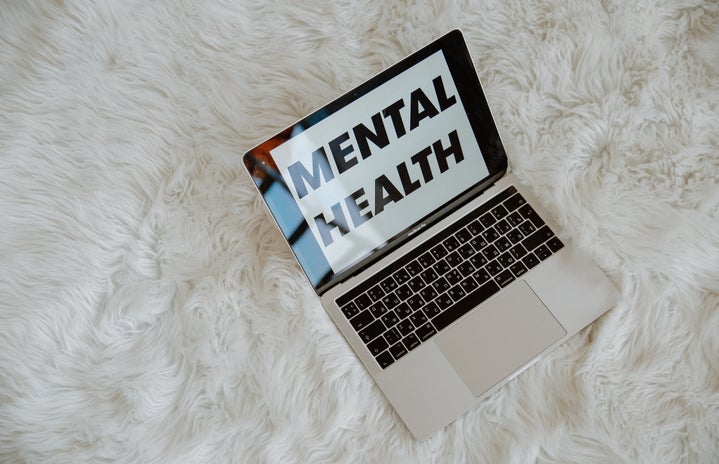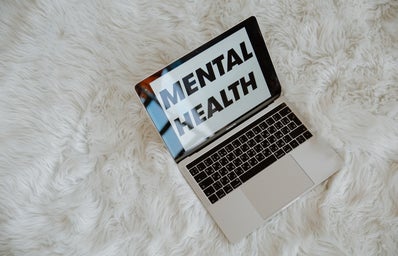Self-reflection is often prescribed for its mental health benefits and is a common habit — think journaling, self-analysis via therapy-esque worksheets, mindfulness exercises, etc. At some point, though, the introspection becomes too much.
Growing up, I’ve always been lauded by my teachers and other adults for being pensive and mature, but this was probably more rumination than anything else. In middle school, I had a scrapbooking phase, which was really just journaling but with the flexibility to add drawings, stickers, tickets, and the likes. Recently though, I think I’ve been too self-reflective (a conclusion drawn from an abundance of self-reflection), and with too much introspection comes the risk of increased criticism.
When I’m stressed, I have a tendency to try to tackle everything on my plate in a more objective and detached way. This can very easily transform into negative self-talk. And that too can become very cyclical, since my inner critic criticizes that I’m letting the inner critic take over.
Research has also called into question the benefits of too much self-reflection — people high on self-reflection have been found to be more stressed, depressed, and anxious, in addition to being less satisfied with their jobs and relationships, more self-absorbed, and feeling like they’re less in control.
There’s been a new term coined for it too: the “introspection trap.” And the top dangers are the possibilities of self-doubt taking over, memories rehashed (too much), and playing into a perfectionist mindset.
Ironically, self-reflection is needed to come to this conclusion. But, like with many things, the dose makes the poison. In moderation, self-reflection and self-awareness are great catalysts for growth and success. It only becomes dangerous when a more positive or neutral spin on it becomes negative, and when the massive amounts of time you spend thinking about yourself isn’t increasing your self-awareness (i.e., you think a lot about yourself, but you don’t know yourself).
Knowing when to pull back and silence that voice in your head is crucial. Sometimes, the solution isn’t inner reflection, but rather an attempt to develop your external self-awareness.
You might know who you are, but embrace other’s opinions and feedback too —patching up your blind spots will go a long way.
Want to keep up with HCBU? Make sure to like us on Facebook, follow us on Instagram, check out our Pinterest board, and read our latest Tweets!


